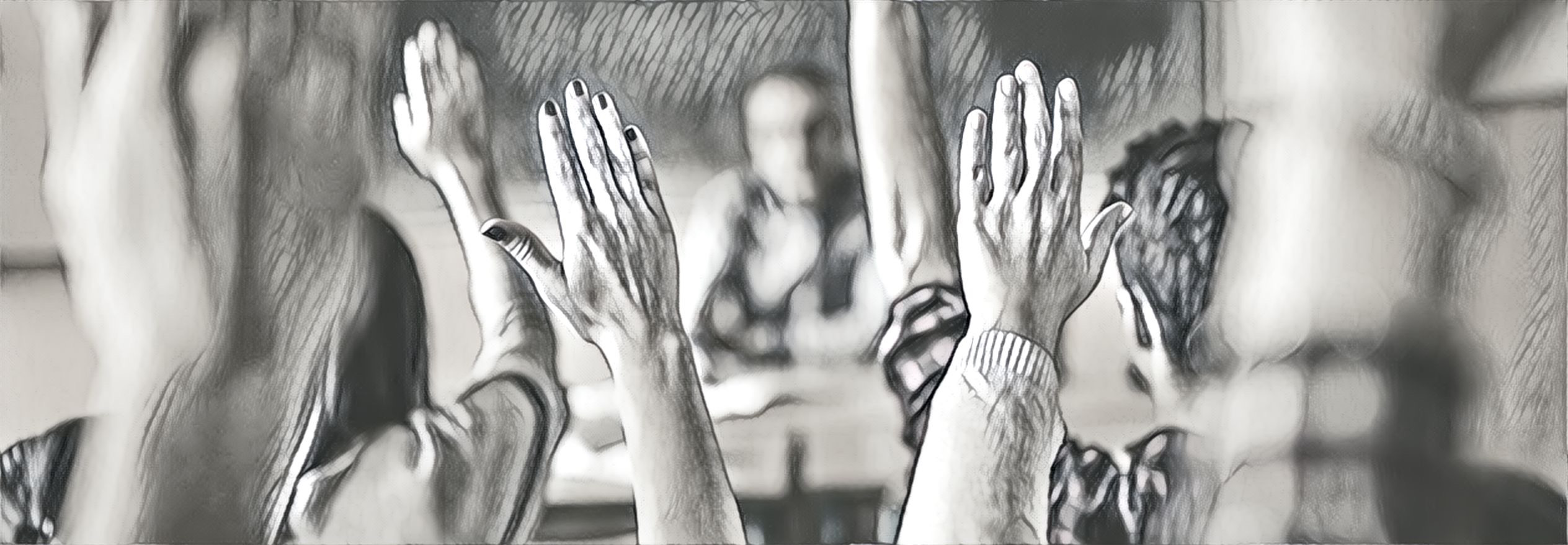 Q. What is Continuing and Extended Education?
Q. What is Continuing and Extended Education?
A. Continuing and extended education programs are educational opportunities offered to individuals throughout their lifecycles. These programs cover a range of experiences and interests. Programs may also offer certifications and competency-based credentials.
Cleveland State University's Division of Continuing and Extended?Education courses are found throughout CSU's colleges and schools and provide flexible, innovative options encompassing everything from intimate workshops to the eLearning classroom to intensive certificate programs.
Q. What areas encompass continuing and extended education?
A. Continuing and extended education refers to a broad spectrum of learning opportunities designed for adult learners.?Adult Learning typically refers to learners aged 24 and older (though it can also include individuals as young as 18).
Some of the traditionally used concepts you might encounter include the following:
Lifelong learning encompasses a wider concept, extending beyond formal educational institutions. It refers to the continuous acquisition of knowledge, skills, and personal development throughout an individual's life. Lifelong learning can occur informally through self-directed learning, as well as formally through educational institutions, workshops, seminars, and online courses.?
Professional development focuses on enhancing the skills, knowledge, and expertise of individuals within their chosen careers or fields. It includes workshops, seminars, certifications, and formal courses tailored to specific professions. Professional development is essential for career growth and staying competitive in the job market.?
Workforce development initiatives aim to prepare individuals for employment and career advancement. They often include vocational training, apprenticeships, and programs to equip individuals with the skills needed for specific industries. Workforce development is critical for economic growth and bridging skills gaps in various sectors.
Q. Does receiving a certificate make me a "graduate of Cleveland State University?"
A. No. You are only considered a "graduate" of CSU when you earn an academic degree from a degree-granting unit. However, you can earn a certificate from CSU and benefit from an educational experience from a highly reputable institution.
Q. Will I earn college credit toward a degree in a continuing education course?
A. You may be able to earn some college credit depending on the program and course. Please refer to the course description to learn more. It is always advisable to contact the program unit offering the course you are interested in to see if academic credit is an option.
Q. What is a CEU?
A. CEU stands for "Continuing Education Unit." A CEU is a unit of credit equal to 10 hours of participation (contact hours) in a program designed for professionals with certificates or licenses to practice various professions. Such professionals include engineers, financial advisers, accountants, teachers, lawyers, mental health, and healthcare workers.
Q. What types of noncredit programs are offered?
A. Literally, hundreds of noncredit programs are offered by continuing education programs in our various colleges and schools, including business, counseling, education, engineering, liberal arts, urban studies, and sciences and health sciences. Whatever your background or interests – from engineering to music and business to social work – some courses and programs can meet your needs and desire for learning.
Q. How do I find programs that are offered online?
A. The searchable course catalog?link can help you identify noncredit courses offered online. It is located on the homepage as a link in the left-side menu.
Q. I am currently unemployed. Can I receive tuition assistance for continuing education courses or programs?
A. Workforce grants may be available but vary by each county. Be sure to check with your county's unemployment and or one-stop center for specific details. For a complete listing of training grants available in Ohio, visit the Ohio Department of Job & Family Services Office of Workforce Development (OHD) program website at http://jfs.ohio.gov/owd/Program/index.stm
Q. What is the continuing education refund policy?
A. Refund to original payment is made at 100% when a registrant cancels attendance at least two business days before the start of the first class.?There are no refunds for a cancellation with less than 48 hours' notice. After class starts, there are no changes or cancellations. Credit card refunds take 7-10 business days to show up on your credit card statement.?Cash refunds by check take 10 to 14 business days to process.?
NOTE: Refunds for courses purchased through partnership organizations may default to the partner organization's policy on refunds.
For details about staff and the Division of Continuing and Extended Education advisory council, please visit?Staff Information.

